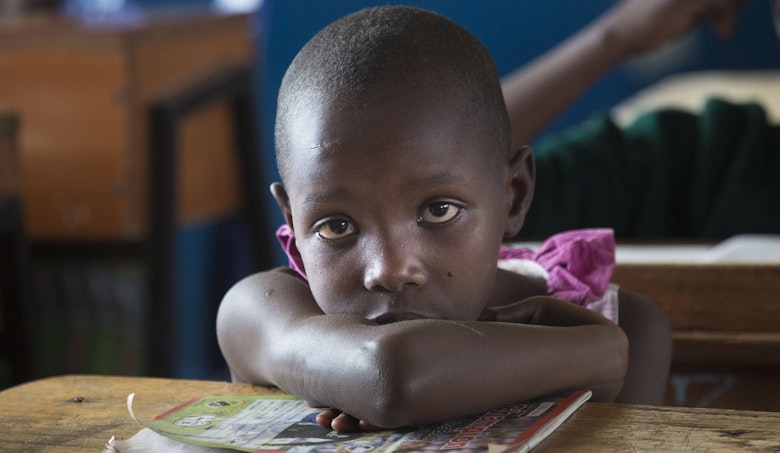Terre des Hommes Netherlands: 1,500 girls under imminent threat of FGM in Tarime, Tanzania
Child rights organisation Terre des Hommes Netherlands warns that at least 1,500 girls are under imminent threat to undergo Female Genital Mutilation (FGM) in Tarime district, Tanzania. For the Kuria community where they hail from, the end of the school year on the 18th of December marks the intensifying of their ongoing cutting season. Girls, some even as young as 9 years old, are forcefully mutilated, usually followed by early marriage.
Cutting season for all 12 Kuria clans
All 12 clans of the Kuria community in Tarime district have stated they will be mutilating their girls this year. This means that all Kuria girls from 8, 9 years onwards are in immediate danger to be cut, estimated to be at least 1,500. Already before the school closure, more than 317 girls have gone to the Masanga rescue centre, the shelter that offers safety during the cutting period. More than one quarter of these girls (89) are first timers, a worrying sign that the upcoming cutting season is going to be intense and violent. The shelter expects that around 600 girls will flee to the rescue centre once schools have closed.
Protection of Kuria girls
Together with its partner, Association for the Termination of Female Genital Mutilation (ATFGM), Terre des Hommes Netherlands protects Kuria girls against the harmful cultural tradition of FGM. During the cutting period, the girls find temporary shelter in the Masanga rescue centre so that they can avoid the ceremony and undergo an alternative rite of passage to adulthood.
Pushing for law enforcement
In addition, the Terre des Hommes Netherlands’ project focuses on the wider community, to transform the retrogressive cultural tradition of FGM followed by child marriage into new traditions that are culturally acceptable and that safeguard the Kuria girls' sexual and reproductive health and rights. At the same time, the project lobbies for law enforcement and, together with other NGOs, advocates for the change of the legal age of marriage to 18 years, in line with the High Court of Tanzania ruling in 2016 on Section 13 of the Marriage Act.
Lifelong consequences
Girls who have been mutilated, face lifelong consequences, both physically and emotionally. FGM often leads to persistent bleeding, pain, infections, difficulty in visiting the toilet, problematic sexual intercourse and complications during pregnancy and childbirth. Marriage at an early age often results in early pregnancies when the girls’ bodies are not yet matured, a high risk for both mother and child. Moreover, FGM followed by marriage means the end of a girl’s education and her opportunity to contribute to the economic development of her community.

